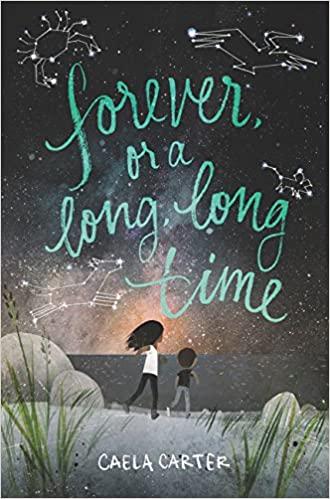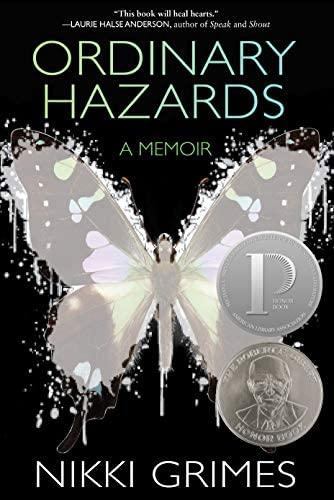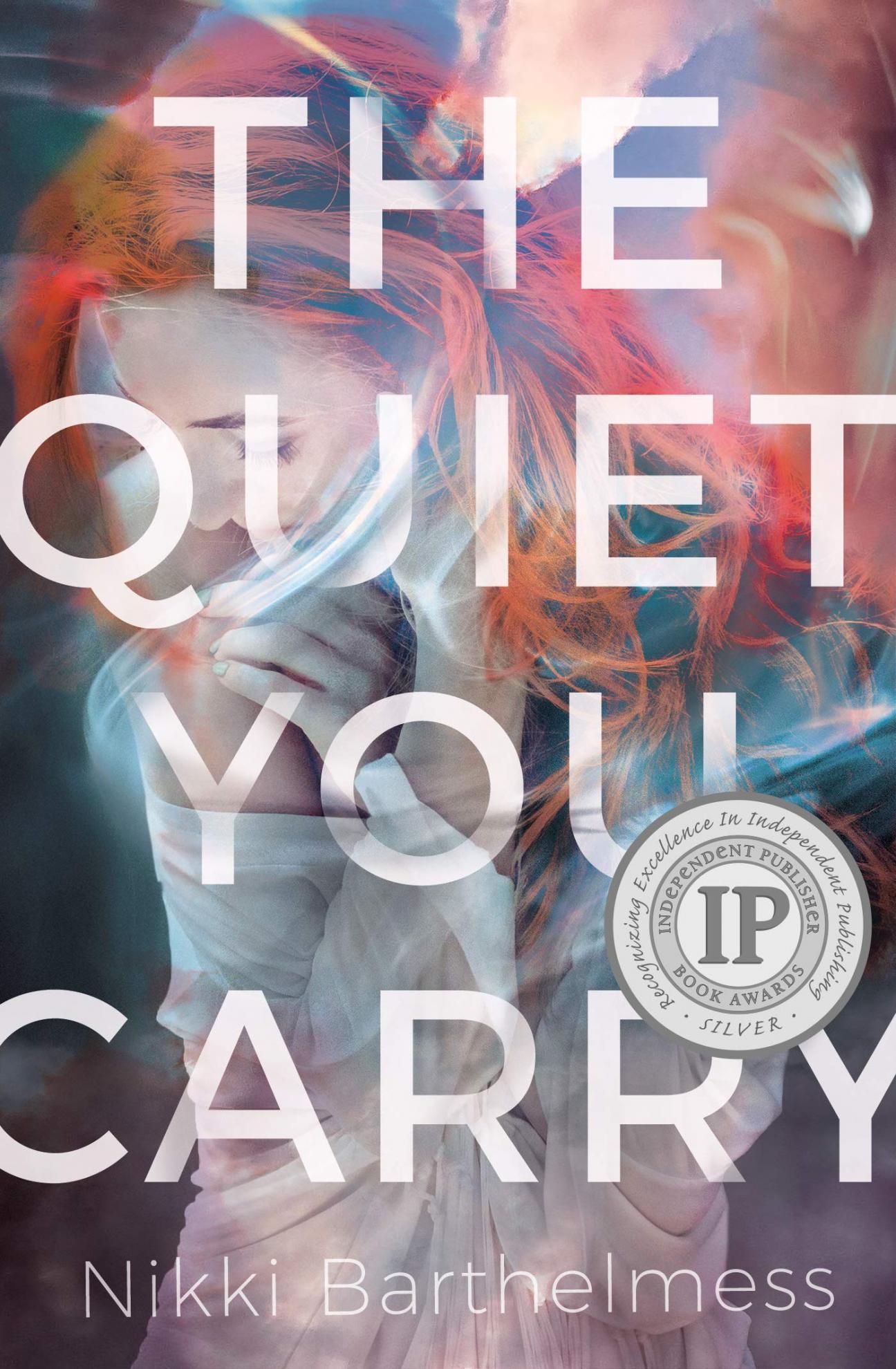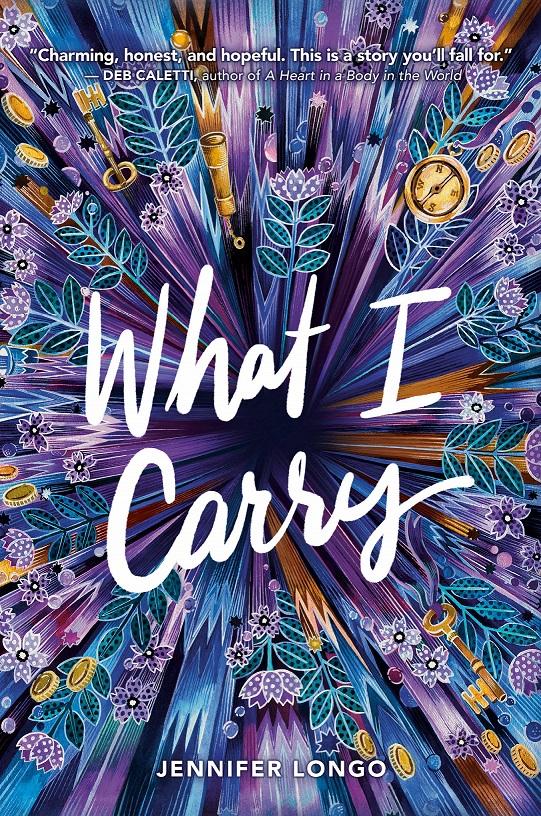
National Foster Care Month is recognized every May as a way to keep the needs of youth in foster care in the minds of the public. Created by the Children’s Bureau, Administration for Children and Families, and the U.S. Department of Health and Human Services, National Foster Care Month aims to provide recognition and show appreciation for those who assist youth in foster care.
#OwnVoices novels are books where the protagonist and the author share a marginalized identity. Though there are many books in print that have main characters written in foster care, there are very few books written by those with first hand experience.
Each of the four titles below was written by an individual who was in foster care or who acted as a foster parent. Their unique experiences and understanding of the foster care system shows in their thoughtful descriptions of what exactly the foster care looks and feels like.


Audience: Grades 3-6
Review: This nuanced novel highlights the struggle to trust an adoptive family after a traumatic history in foster care. Even as 11-year-old narrator Flora and her younger brother settle into a comfortable life with adoptive parents, they think of themselves as the "Onlys": "Julian and me, the only steady things in the constantly shifting universe." Both siblings are dealing with the aftereffects of trauma, with Julian hoarding food and Flora struggling to pass fourth grade. The relationship between Flora and her "Person" (how she thinks of her adoptive mother) is especially compelling, and Carter (My Life with the Liars) believably illustrates that although the term "Person" sounds detached, it actually denotes a special status among Flora's many foster mothers. Flora's theories about her true origins, which appear between chapters, poignantly underscore her difficulty wrangling with a fractured history ("We came from the chaos, my brother and me. We were born out of the screams of other kids"). Carter's layered narrative—which also touches on divorce, stepfamilies, and welcoming a new baby—doesn't shy from pain as it testifies to resilience and the expansive power of love. Ages 8–12. Copyright 2017 Publisher Weekly Annex.

Audience: Grades 9-12
Review: With Ordinary Hazards, Grimes delivers a memoir in the form of a powerful and inspiring collection of poems. She details her early life through adulthood, and she unabashedly explores the highs as well as the lows. Grimes' struggle with a mother suffering from mental illness, an absent father, and an abusive stepfather plunged her life into turmoil at an early age. Yet through it all, she persevered and used writing as an outlet for her pain. She delves into finding a loving found family after being separated from her older sister and bounced around in foster care, ultimately having to choose between her found family and her birth mother, after her birth mother claims to be well enough for Grimes to come home. Young adults will identify with and connect to the many challenges explored in Grimes' work, which delves into issues of love, family, responsibility, belonging, finding your place in the world, and fighting the monsters you know—and the ones you don't. The memoir has heartbreaking moments—even soul-crushing ones—that will make readers ache for young Grimes and teens grappling with similar circumstances. But inspiring moments bolster her raw, resonant story, showing that there is always light at the end of the darkest of tunnels. Grades 9-12. Copyright 2019 Booklist Reviews.

Audience: Grades 9-12
Review: A raw, unflinching work of fiction that delves into the world of foster care through the eyes of a teen named Victoria. The story opens as the clock turns 3:08 a.m. and the City of Reno Police Department and Child Protective Services converge on Victoria's home. Her father has thrown her out, and she is left to the foster care system. Trying to come to terms with this rejection, she struggles to finish her last year of high school and make her way to college. Her mind lingers on the past and the shock of her father's actions. She worries for her stepsister's safety. Silver Valley High is a lot different from her old school; it's hard to disappear, new friends ask about her past, and all the while she keeps getting jarring flashbacks. With only months until her 18th birthday, Victoria must learn how to make her own way in the world. She has only the words of her long-departed mother to guide her: "Everything in life is temporary, the good and the bad." The author draws on her own experience growing up in foster care and addresses her readers directly in a note, reminding foster kids that they are not alone. Resources are also appended. VERDICT A moving contemporary novel. Copyright 2019 School Library Journal.

Audience: Grades 8-11
Review: Having grown up in foster care, Muiriel—"Muir"—is good at packing. Per writing by her namesake, John Muir, she carries the bare minimum, and following 20 placements, has folding down to a science. After one more year, she'll be 18 and out of the system. In an effort to have some control over her life's uncertainties, Muir has also mastered keeping people at arm's length by being helpful, staying out of trouble, and keeping her grades up. She's not so good at making friends, trusting people, and talking about her feelings. But her new placement, a ferry ride away from Seattle on Bainbridge Island, stands to play havoc with all of that. Her new foster mother is smart and kind, and Muir makes a real friend, gets a job that she loves, and meets a boy who really likes her. But Muir, used to packing emotionally lightly as well, will have to make changes to be able to let people in. Longo (Up to this Pointe), a foster and adoptive parent, wrote the book for her adopted daughter, who wanted a "hopeful, happy" tale; she provides it—and the book, well-written and heartfelt, is a pleasure. Ages 12–up. Copyright 2019 Publishers Weekly.